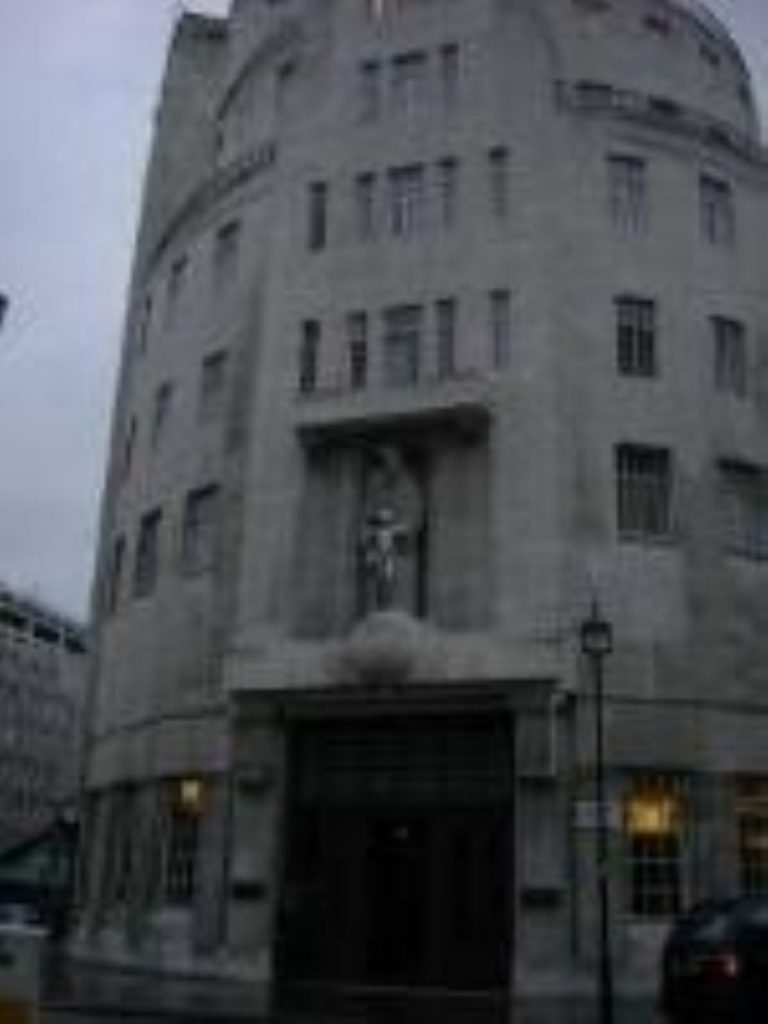BBC faces tough time in Parliament
The BBC faced intense political scrutiny today when its Director General, Greg Dyke and board members appeared in Parliament to outline the organisation’s annual report.
Mr Dyke appeared before the Culture, Media and Sport Select Committee this morning to defend the annual report, which highlights the organisation’s accounts for the financial year and the success of its programming.
One committee member, Chris Bryant, accused the BBC of complacency, likening the document to ‘an Enron annual report’ and accusing the BBC report of failing to admit to shortcomings in its performance.
This comment provoked fury from BBC bosses. Mr Bryant conceded that he had not meant to imply financial corruption on the part of any senior official.


But he added: “The point I am trying to make is that the bits that are in the report and the bits which are missing lead to a report that is … misleading”.
According to BBC figures, over the previous year money spent on programmes was up more than a third on 2000.
The licence fee – the predominant source of BBC funding – brought in a total of £2.659bn in 12 months.
And overheads were cut from 24% of its total spending three years ago to 13%.
With costs apparently under control, increased programme investment, the launch of new channels, the BBC is ‘doing well’, the chair of the all party group on the BBC, John Grogan, claimed.
He said that the BBC was entirely justified in investing licence money in digital channels, despite not all fee payers having access yet, pointing out a similar arrangement was in place as BBC Two and colour television were rolled out.
‘Over time, as we go to digital switch over, these channels will become available ultimately to 100%, and it’s fairly small amount of money – about 13% of the total licence fee spent on digital channels’, he remarked in a BBC radio interview this afternoon.
Mr Grogan said the corporation was going through ‘a bit of a golden age’ after a period of underfunding and a threatened future in the last 10 to 15 years.
Today’s select committee meeting follows the recent heated argument with Downing Street about the contents of a number of security dossiers that were used to justify the war in Iraq.
The BBC accused the Prime Minister’s special advisor, Alastair Campbell of ‘sexing up’ one of the dossiers, a charge which was later refuted by the Foreign Affairs Select Committee.
Meanwhile, the BBC announced last week that its pension fund has a £1 billion deficit. New accounting rules have made the deficit worse, but the BBC claimed that payments would not be affected by the shortfall.












